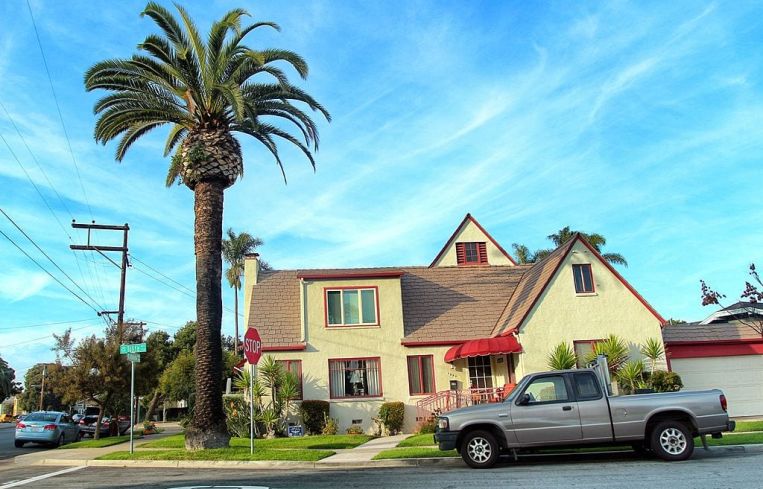San Diego Ruling Could Impact California Housing Statewide
By Celia Young May 17, 2021 6:01 pm
reprints
A developer-friendly ruling in San Diego Superior Court, which invalidated a referendum on a contentious local development, could strike down the ability of citizens to use ballot referendums to stop development projects in California.
Judge Richard S. Whitney decided the case, according to The San Diego Union-Tribune, which first reported the ruling. Using the Housing Crisis Act of 2019, written to maximize the development of housing, Whitney said the act invalidates a citizen ballot initiative that overturned a 585-home development project.
The project in question, North River Farms in Oceanside, Calif., was approved via a zoning change by the city in 2019, but later overturned by a citizen’s ballot during the November 2020 general election.
“I think it’s very impactful,” Christopher S. Elmendorf, a professor of law at the University of California, Davis, told Commercial Observer. “It says that a referendum is the equivalent of a moratorium on development and moratoriums are unlawful under SB330 [The Housing Crisis Act of 2019]. And if a referendum is equivalent to a moratorium, then there cannot be a referendum on zoning.”
A moratorium, said Elmendorf, is a citywide temporary halt on development — one not allowed by the Housing Crisis Act. The act comes with a sunset provision, and further litigation would limit the impact of this court case, but the case indicates a referendum would be a far less powerful tool for halting developments, Elmendorf told CO.
“For many years, state courts have been interpreting state statutes in ways that undermine housing production,” he said. “This is maybe a sign of the pendulum swinging in the other direction.”
If the ruling is upheld, the use of the referendum statewide to overturn development projects could be limited, reported The Union-Tribune, potentially spurring more development in areas like Los Angeles. Referendums are popular in California: one overturned a San Diego project that would have created a 2,135-home development along Interstate 15 and another will head to voters in Santee, Calif., in November 2022.
A University of California, Los Angeles study after the housing act was passed in 2019 indicates that building permits declined despite appropriate zoning. The study found excessive government hearings, high fees and changing development regulations to be the culprit in declining building permits, raising questions about whether the housing act leads to more homes.
Whitney relied on the act to invalidate the referendum. The housing act reduces local land-use controls and requires cities to approve all developments, so long as they comply with current zoning laws and general plans, The Union-Tribune reported. But California housing law has a number of exceptions for areas with extreme wildfire danger, or areas found to be urban sprawl.
The project at the center of Judge Whitney’s ruling, North River Farms, is a 217-acre development that has been contested for years. Referendum organizers are concerned about traffic, wildfire danger, and a lack of public services like water and sewage in the area of the planned development. The project was proposed for South Morro Hills, a rural commercial farming region that was evacuated during a December 2017 fire.
The legal battle over the North River Farms project is long and complicated, with the developer, Integral Communities, suing referendum proponents alleging they used illegal means to collect signatures for their petition for a referendum. After the suit was dismissed with no illegal tactics found, the company filed a second suit, which argued the referendum was against state law, The Union-Tribune reported.
But after the May 6 ruling (and as long as the developer overcomes other litigation making its way through the court system), the project could move forward. The city of Oceanside has 60 days to decide whether it will appeal the ruling, according to The Union-Tribune.



